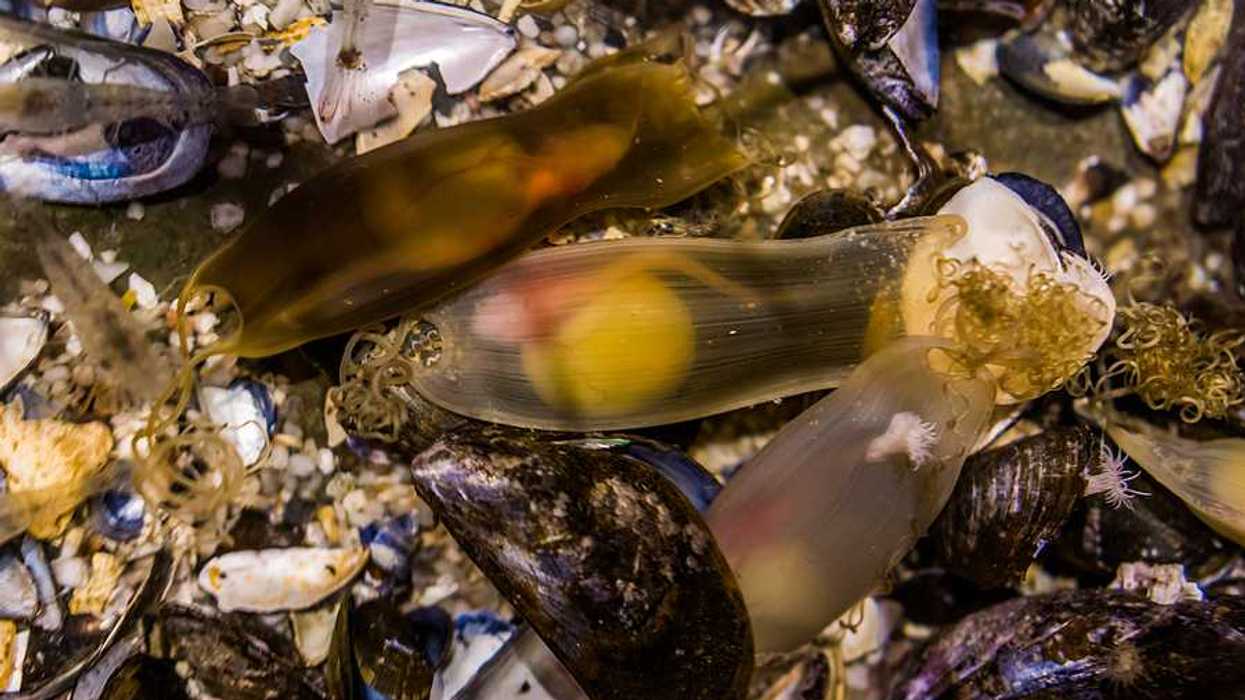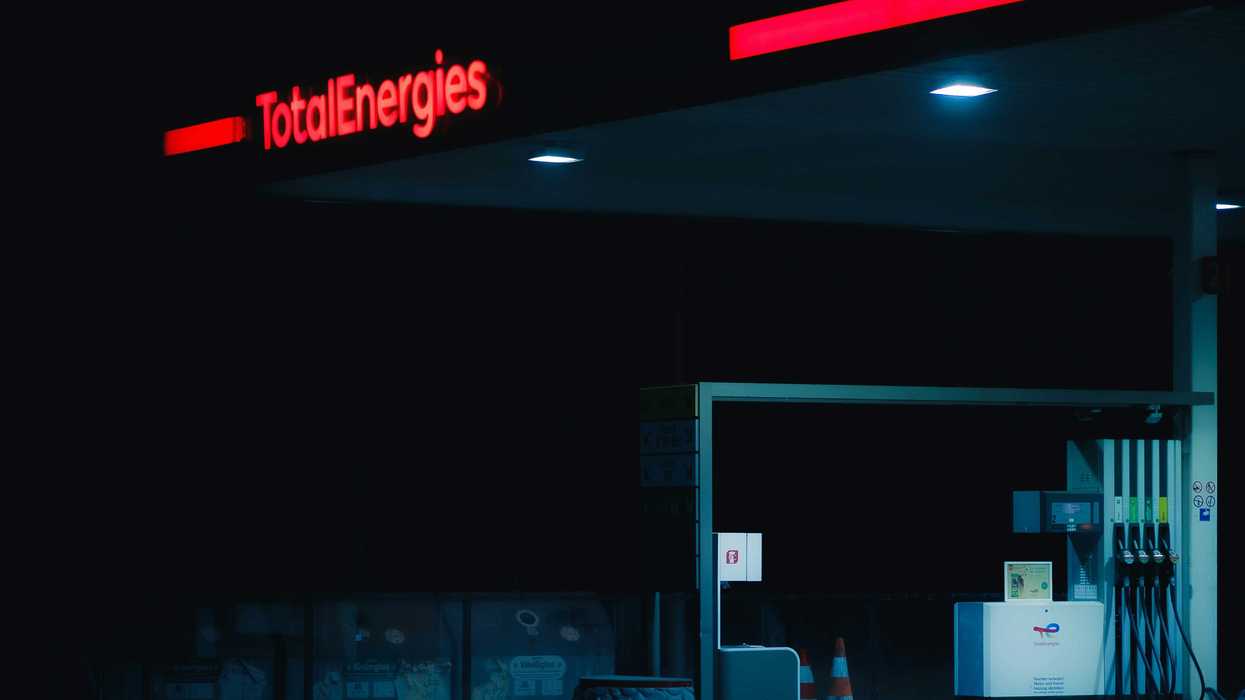Colombian Indigenous communities have been officially recognized as environmental stewards, gaining new powers to manage, conserve and protect their lands.
Aimee Gabay reports for Mongabay.
In short:
- Colombian President Gustavo Petro issued a decree allowing Indigenous communities to govern environmental regulations and resource management in their territories.
- Indigenous leaders see the decree as a long-overdue acknowledgment of their role in ecosystem protection, while some government bodies and rural groups express concerns about exclusion and management conflicts.
- Colombia’s record as a dangerous country for environmental defenders raises questions about the risks Indigenous leaders may face under this new visibility.
Key quote:
“The threat is real. Today, talking about the defense of Mother Earth has cost lives.”
— Angel Aquileo Yagarí Vélez, Emberá Chamí leader
Why this matters:
Empowering Indigenous authorities to safeguard biodiversity offers a more locally attuned approach to conservation, but it may intensify regional conflicts. Indigenous environmental defenders in Colombia also face significant safety risks, underscoring the need for stronger protections.
Related: Colombia commits to prioritizing nature in upcoming global environmental talks














